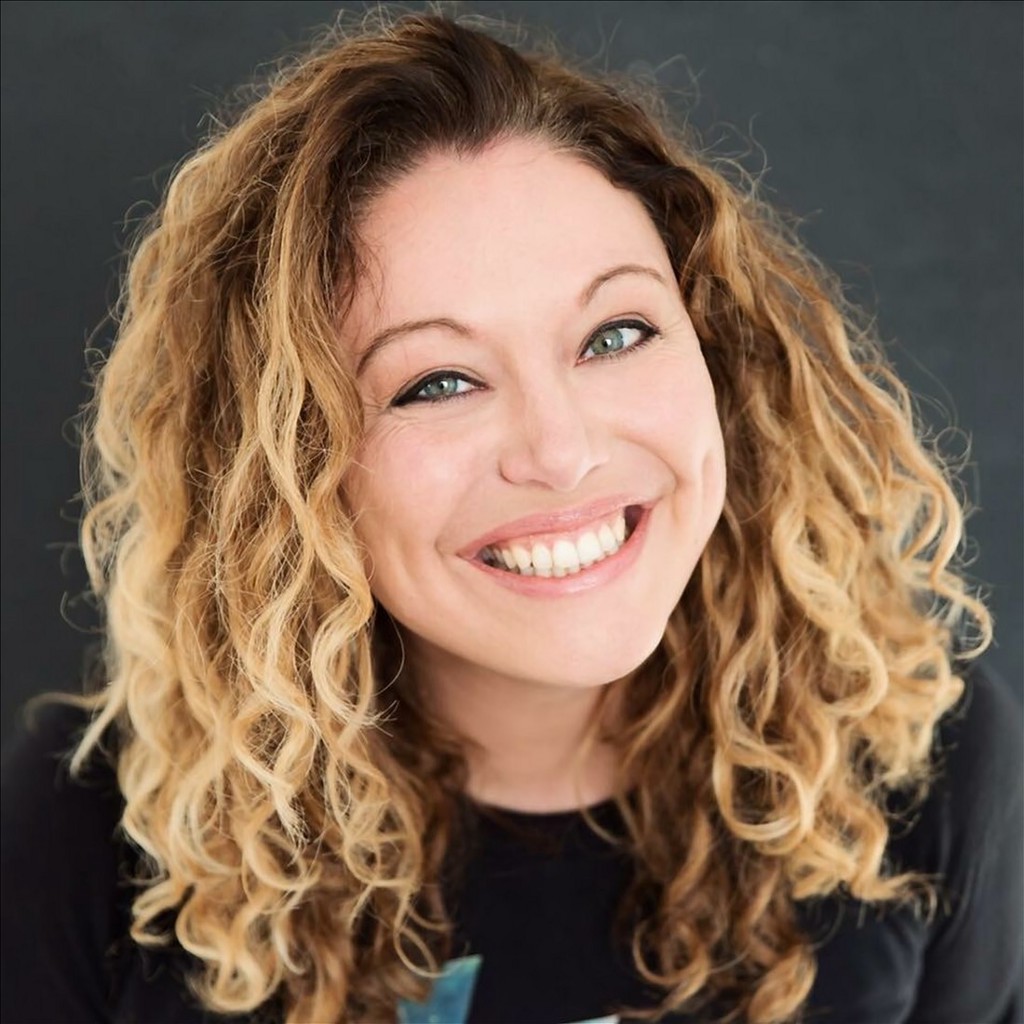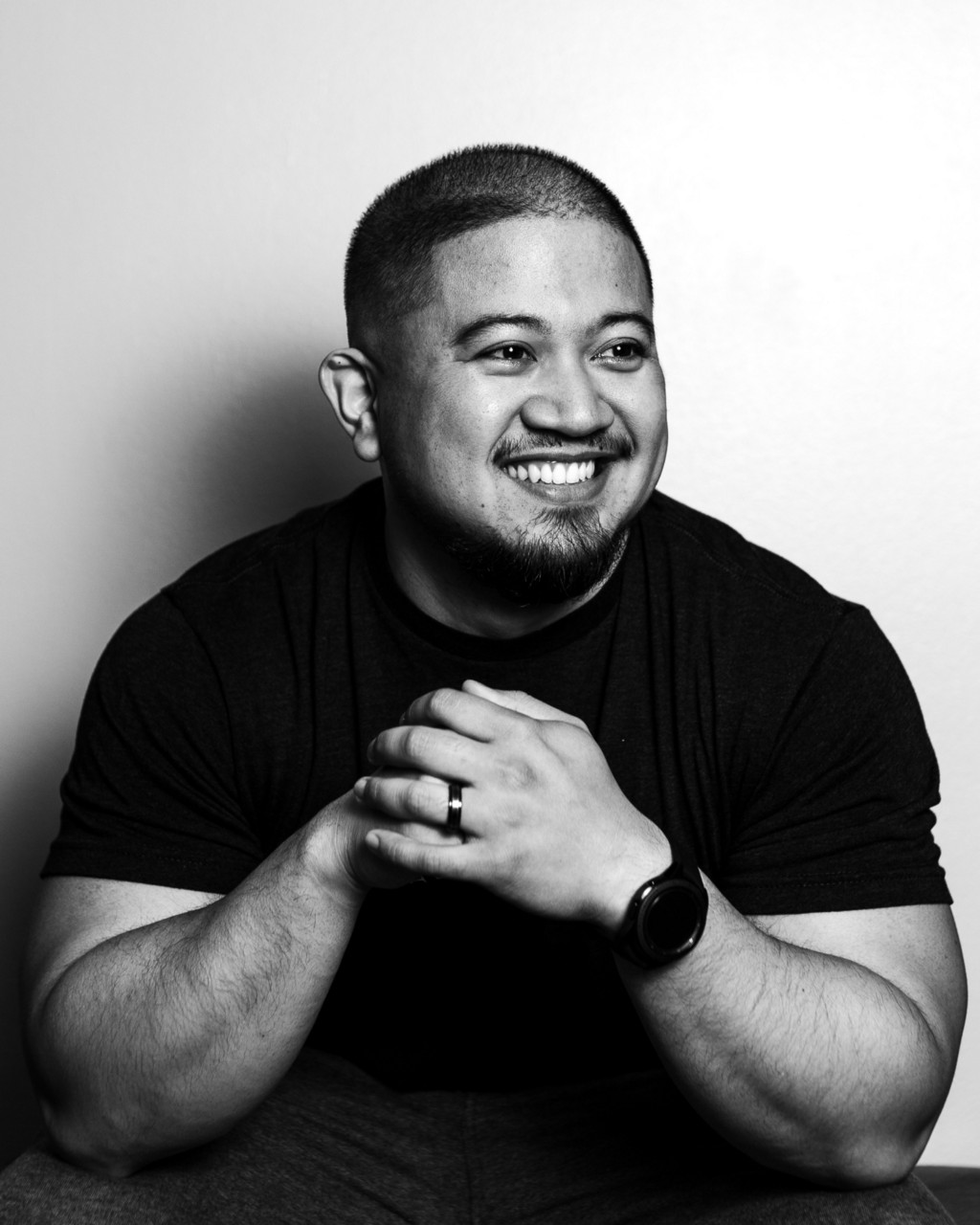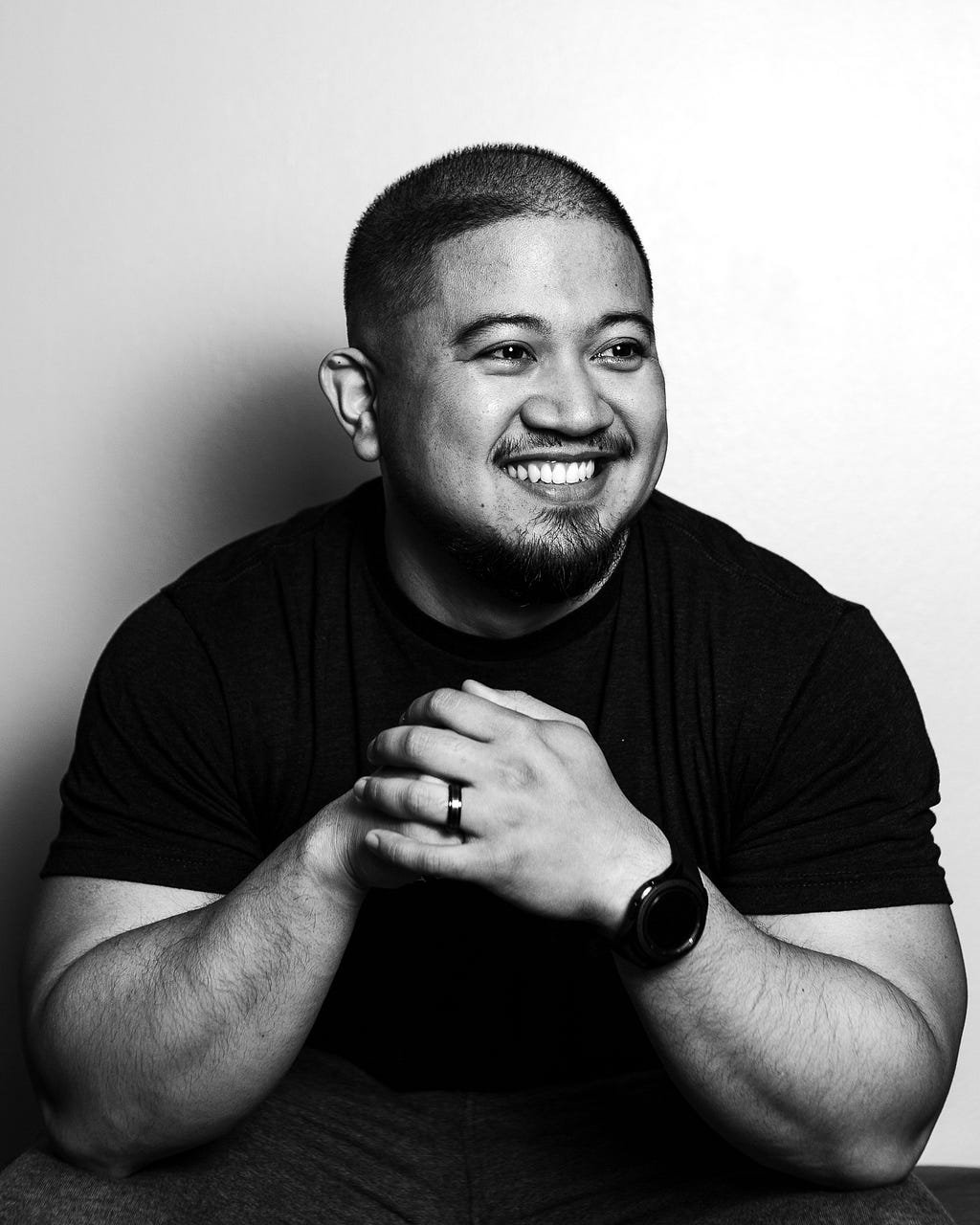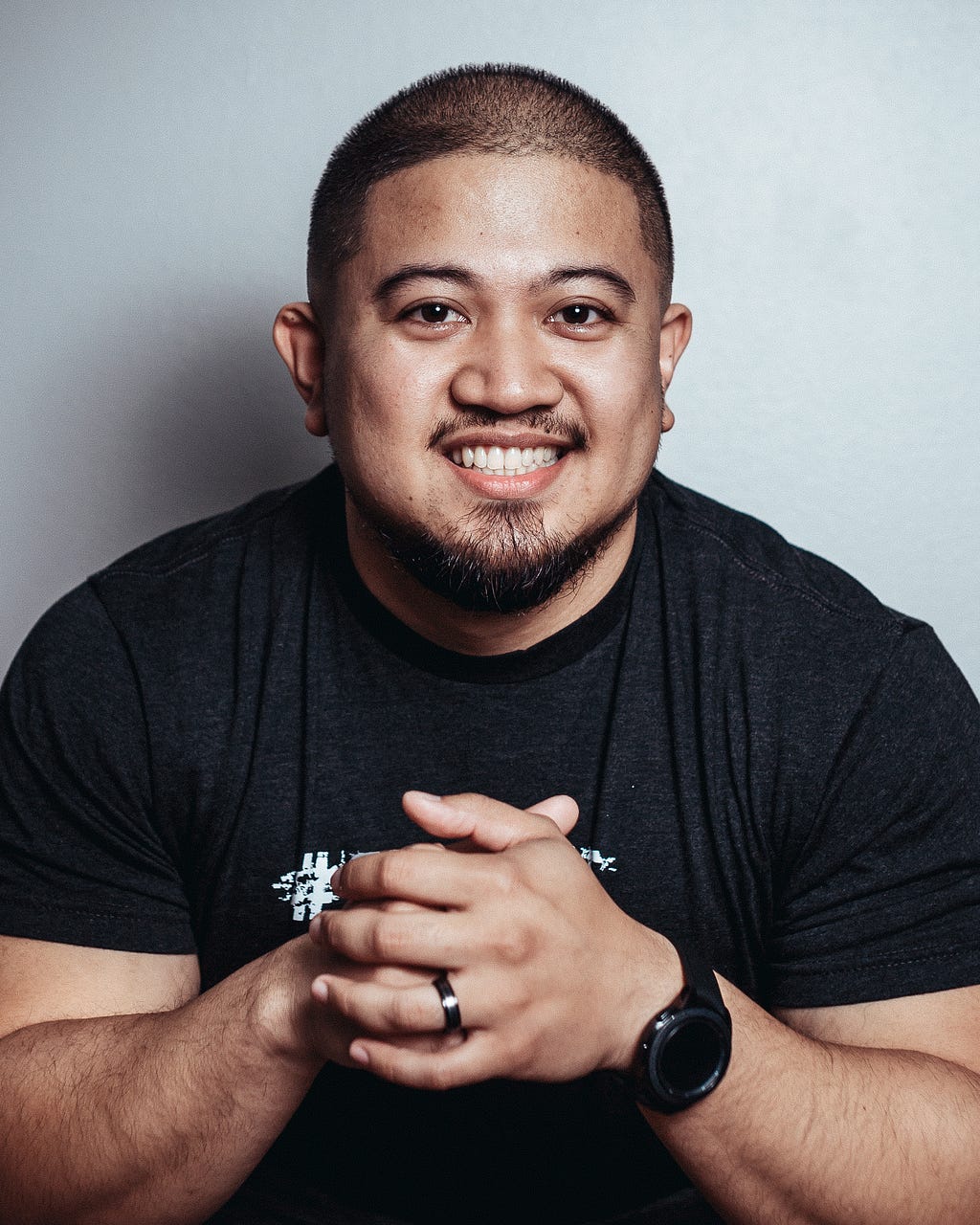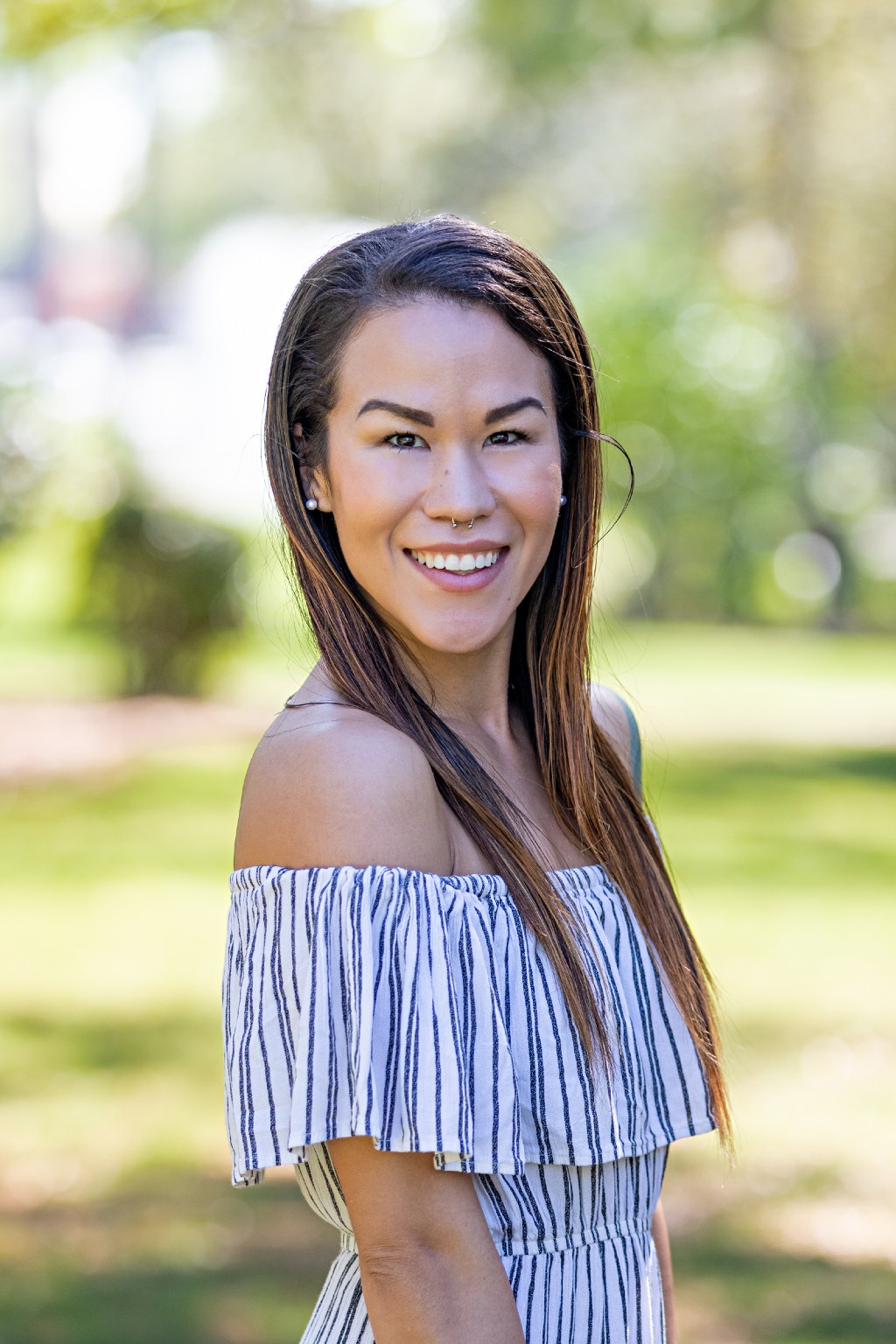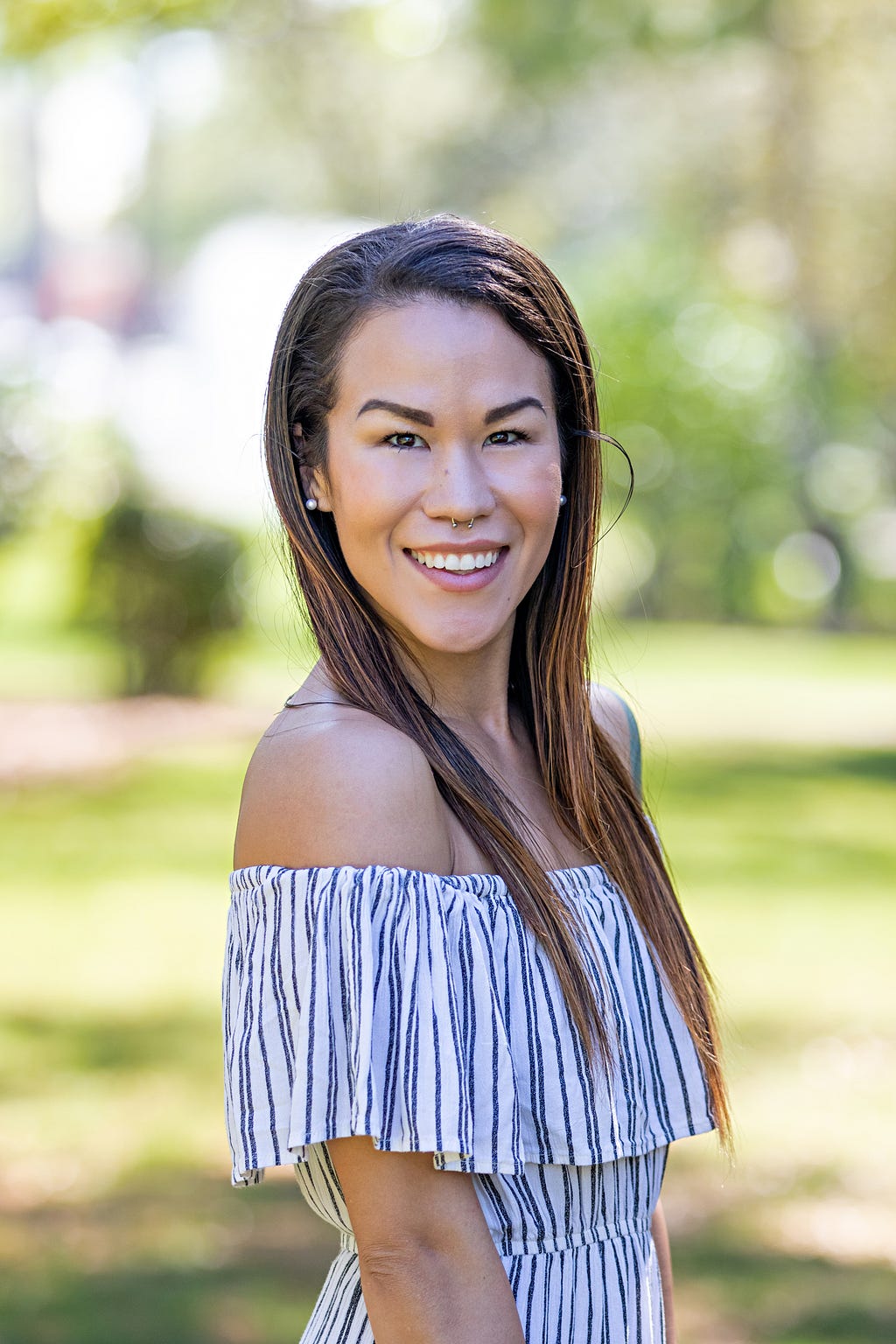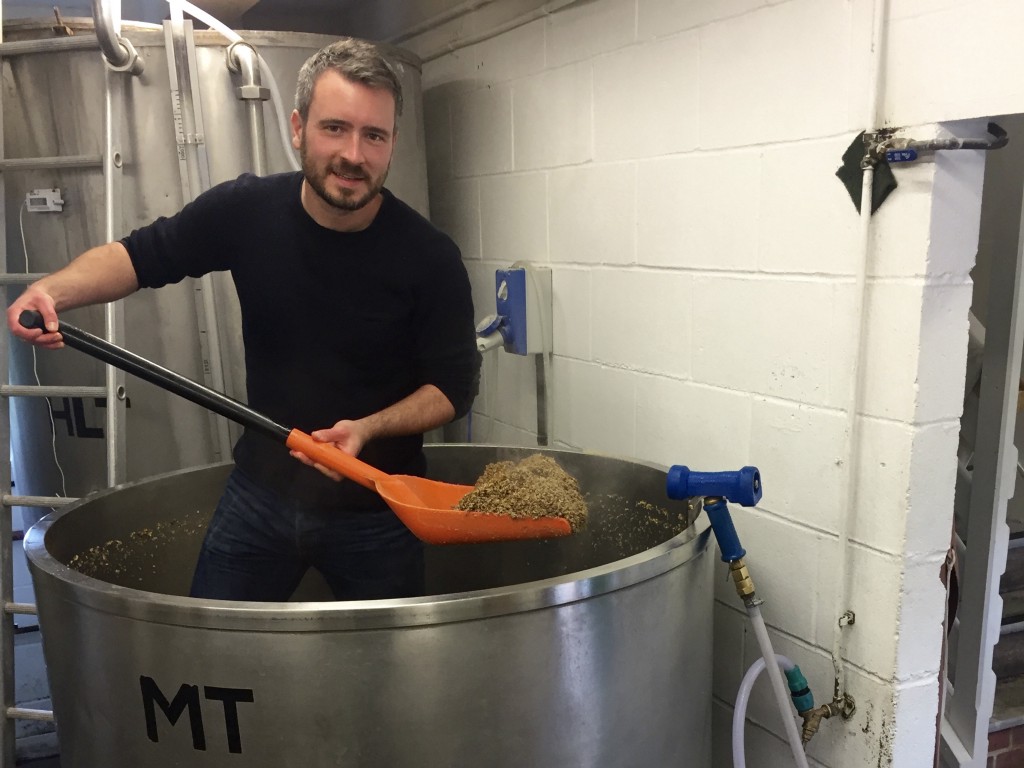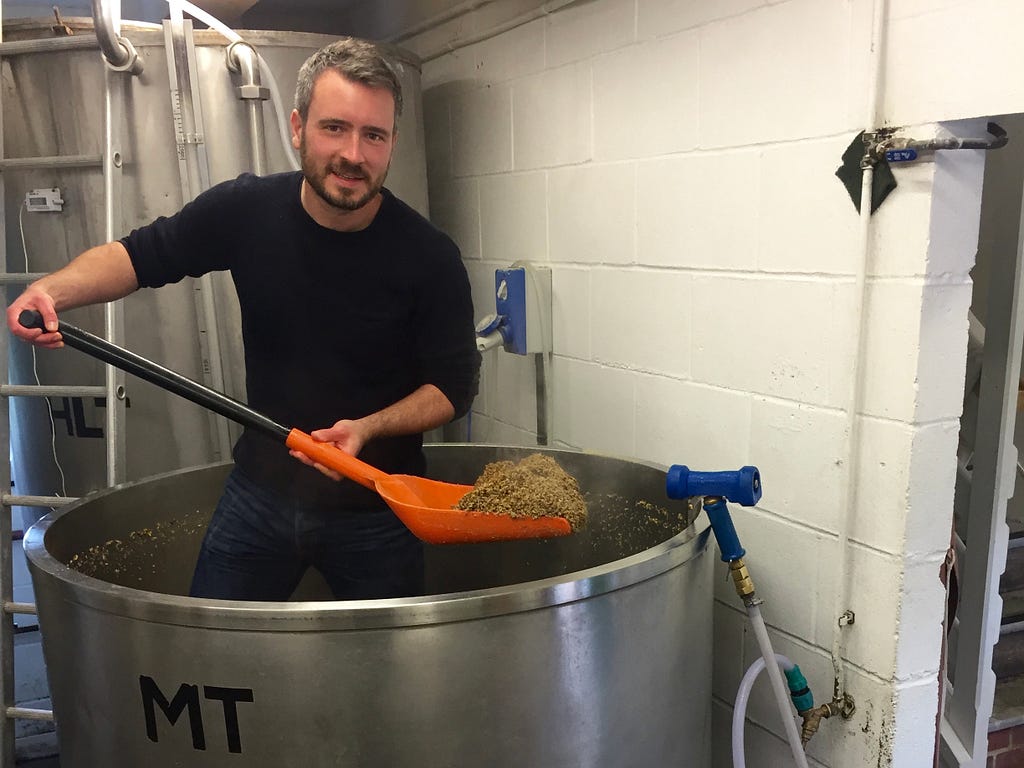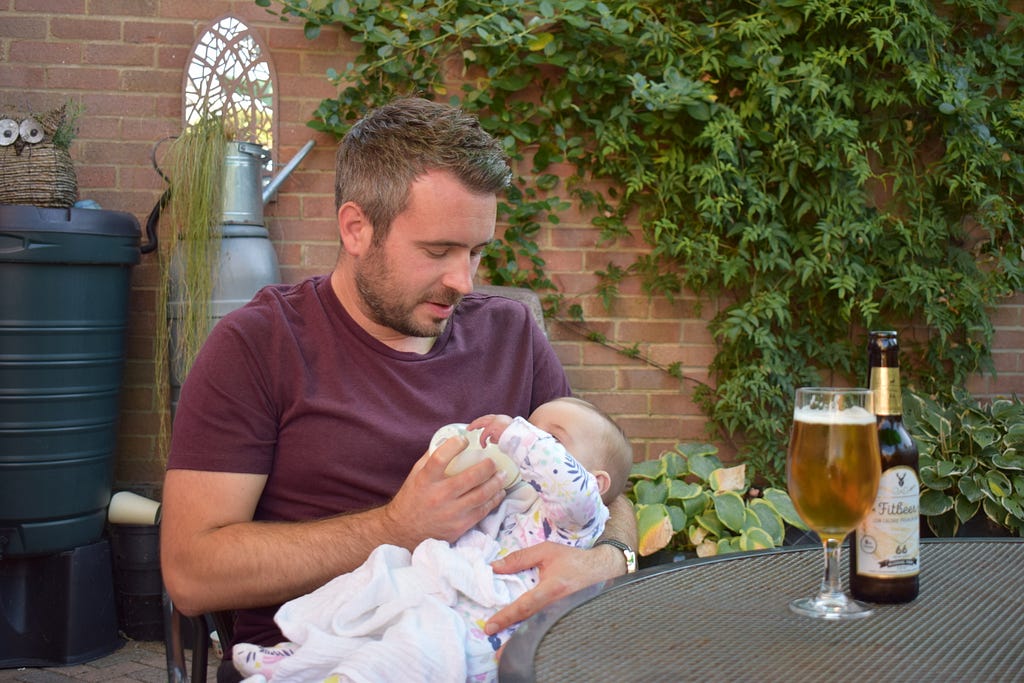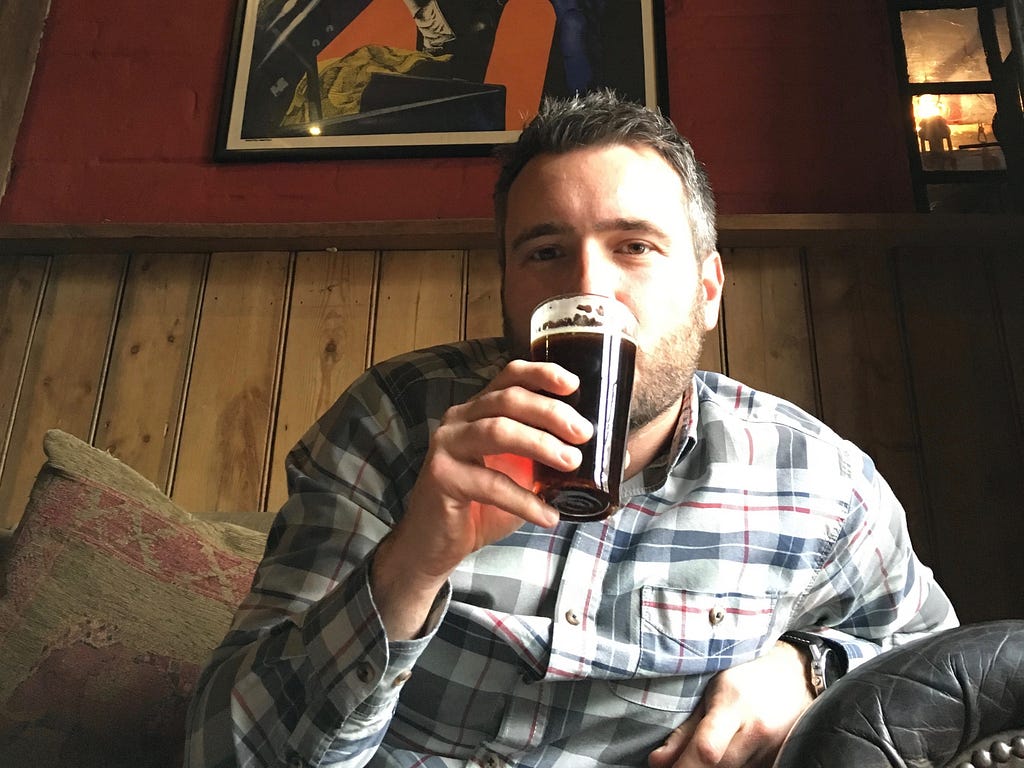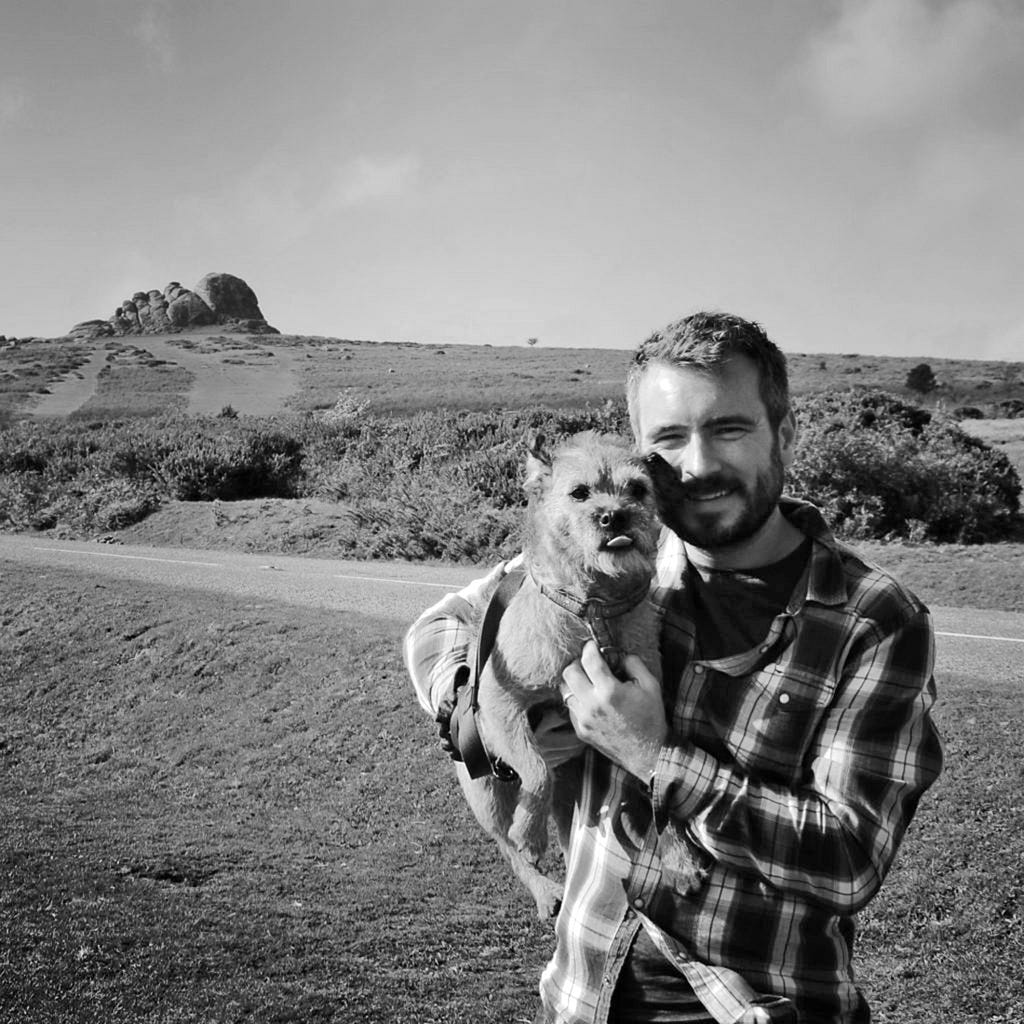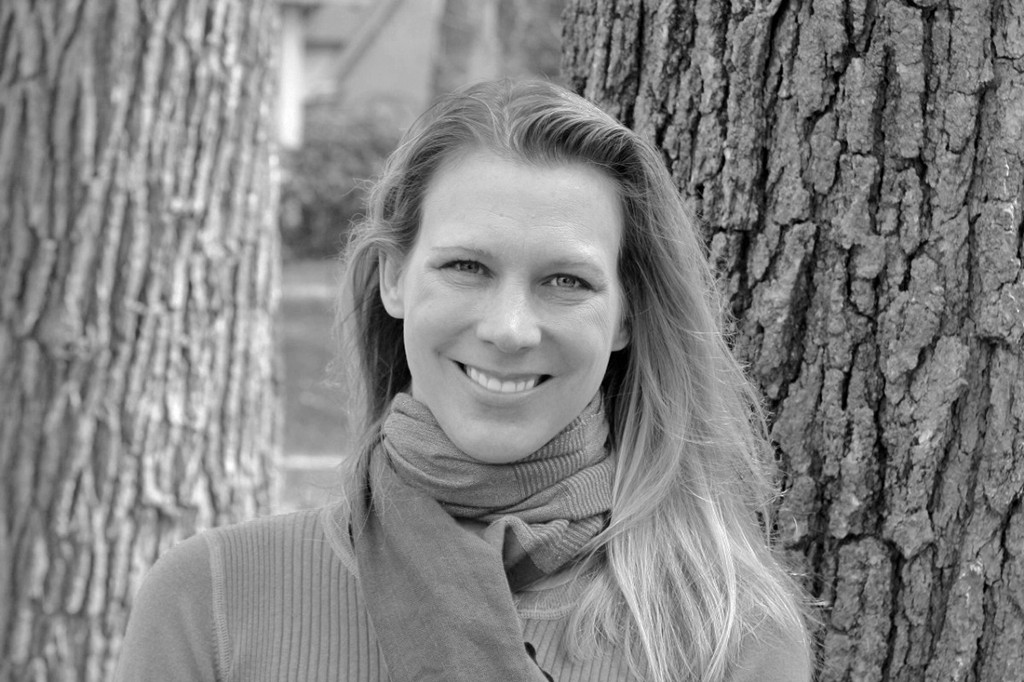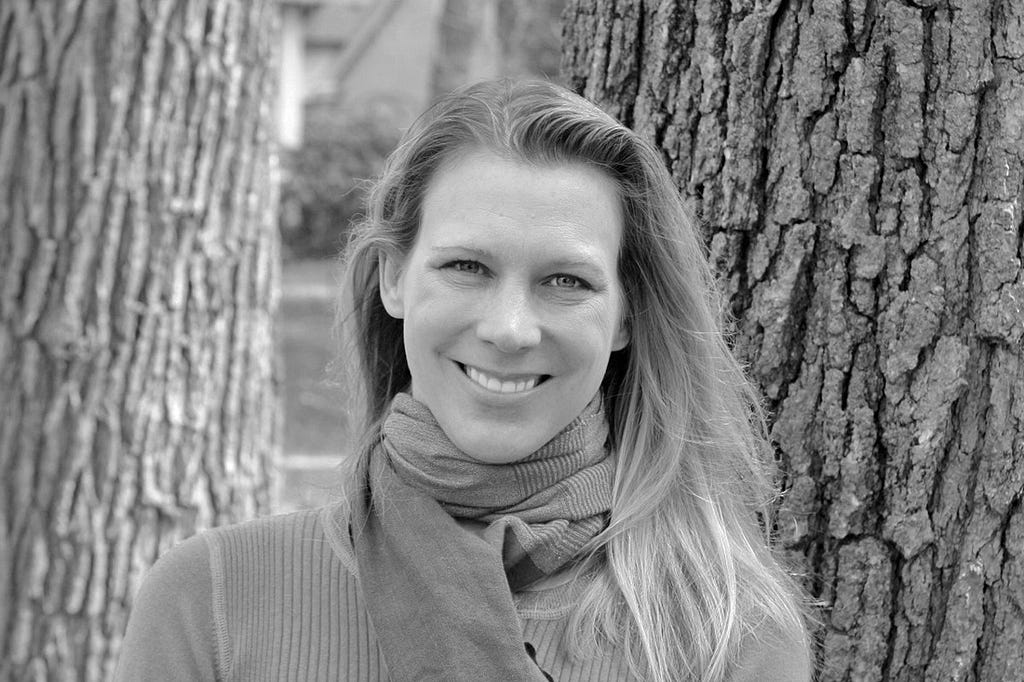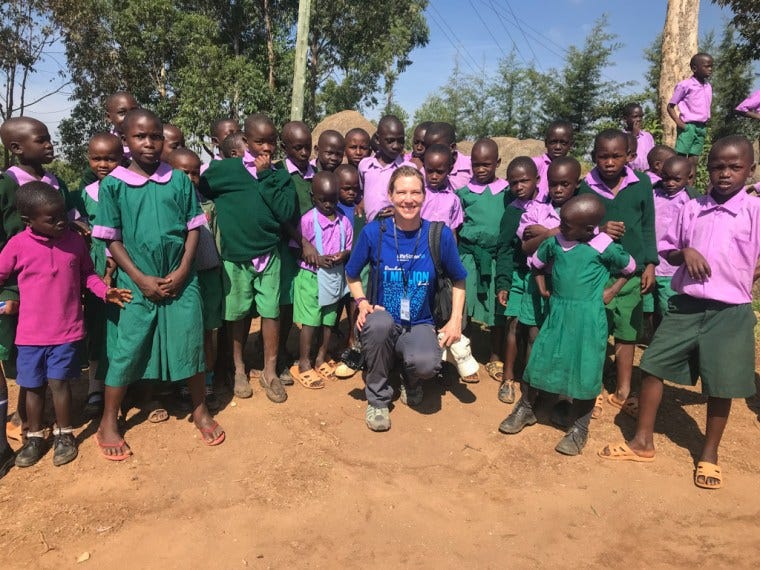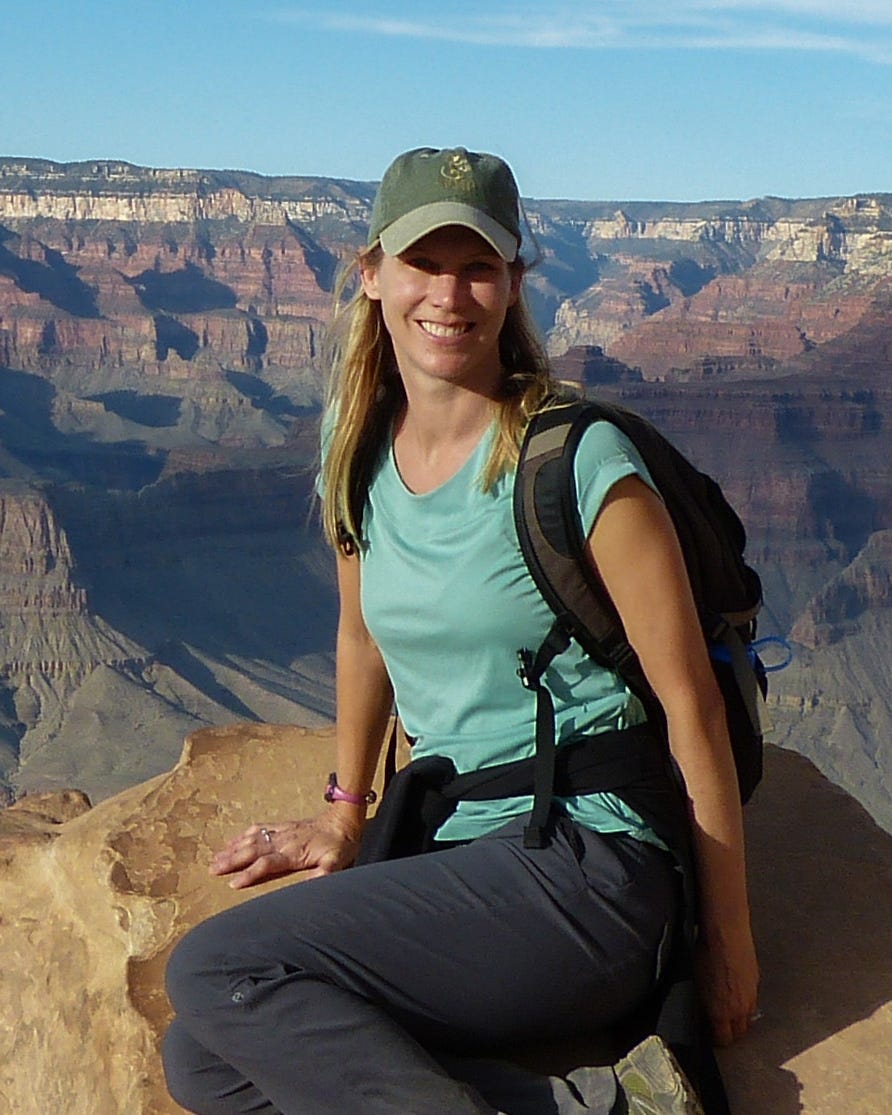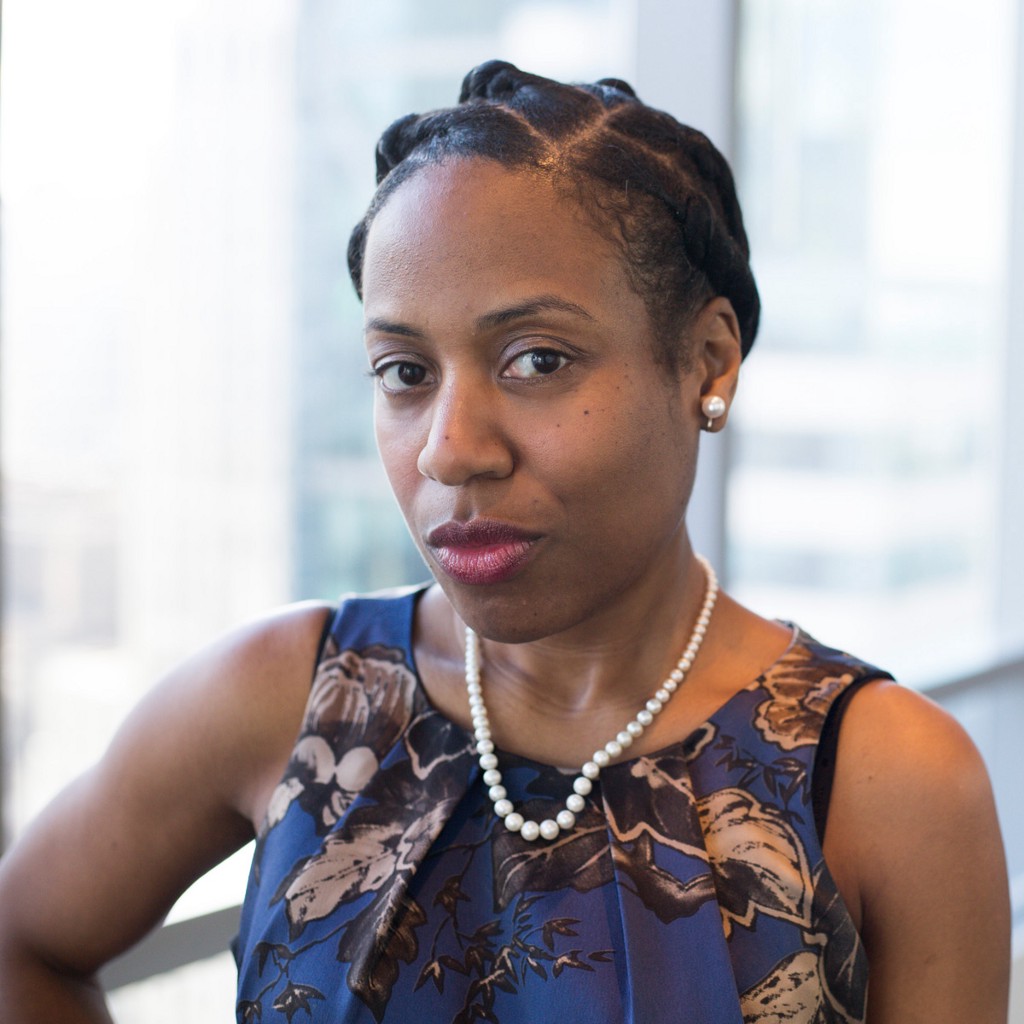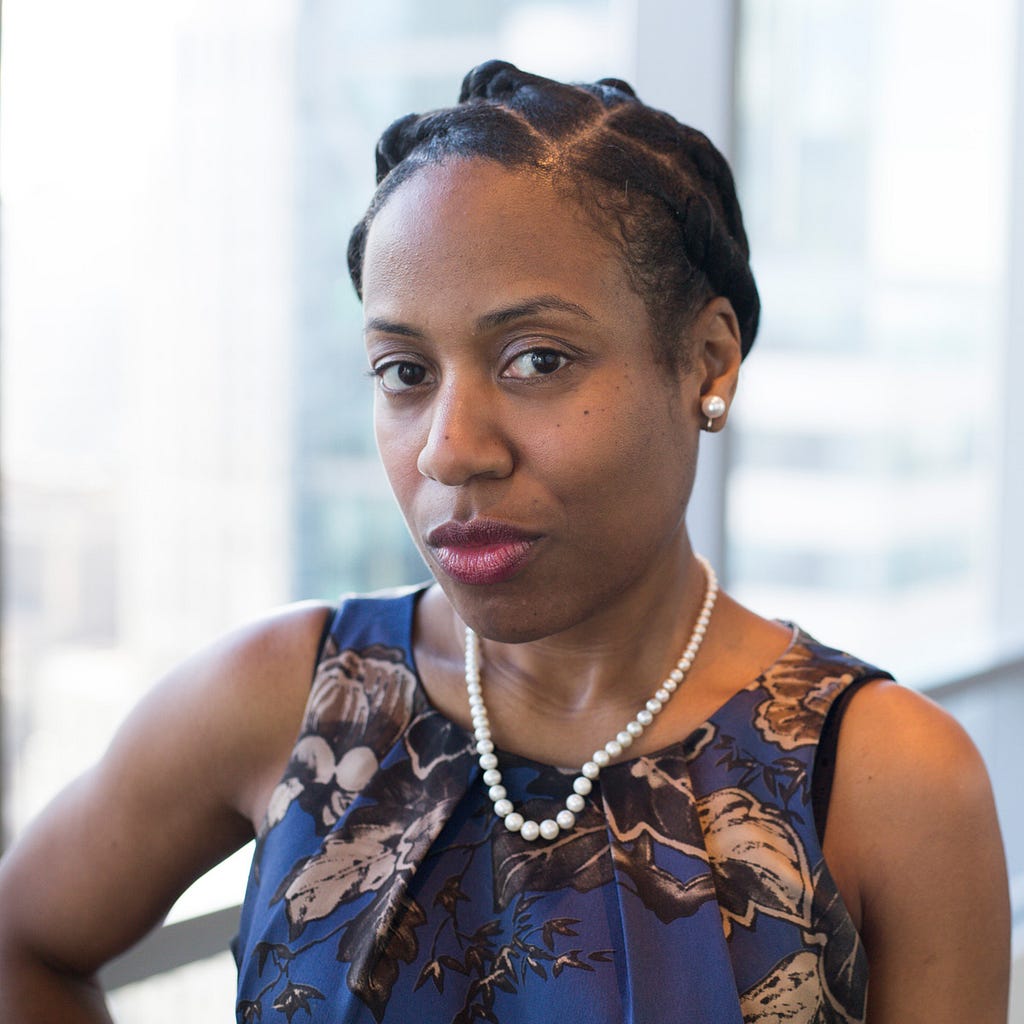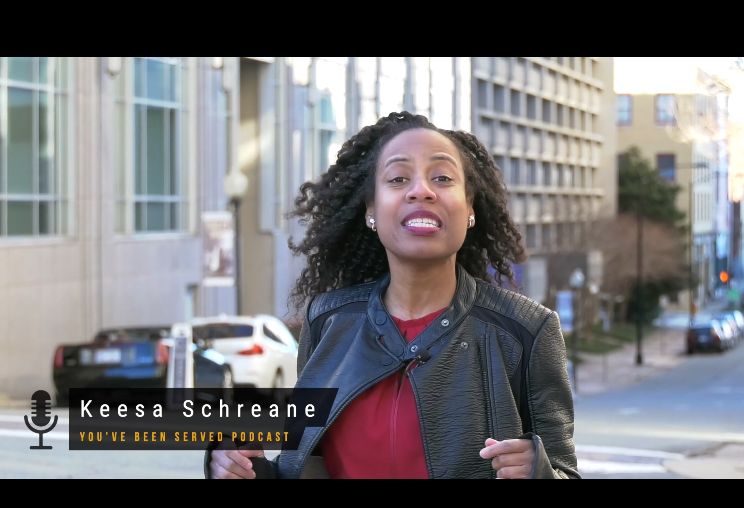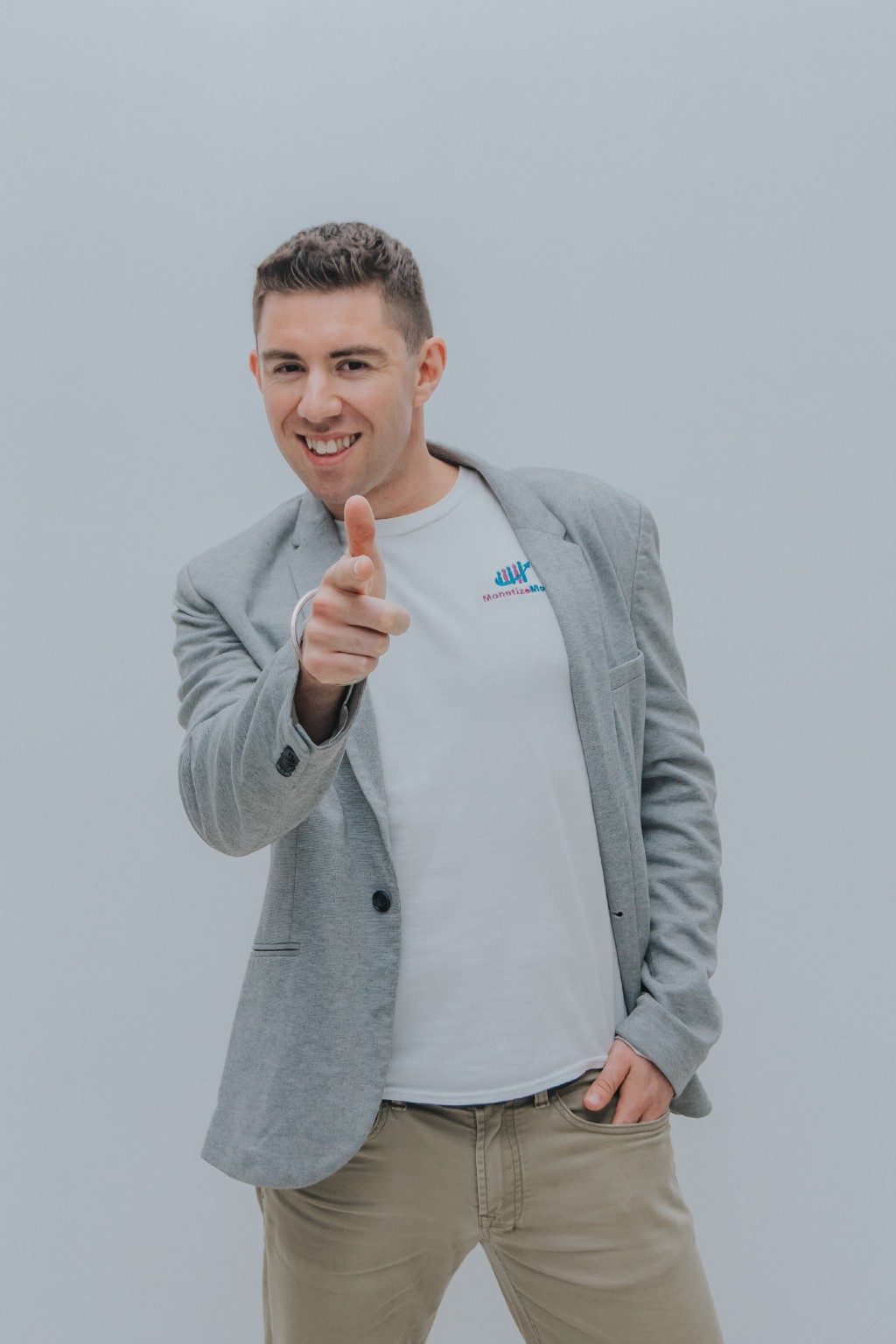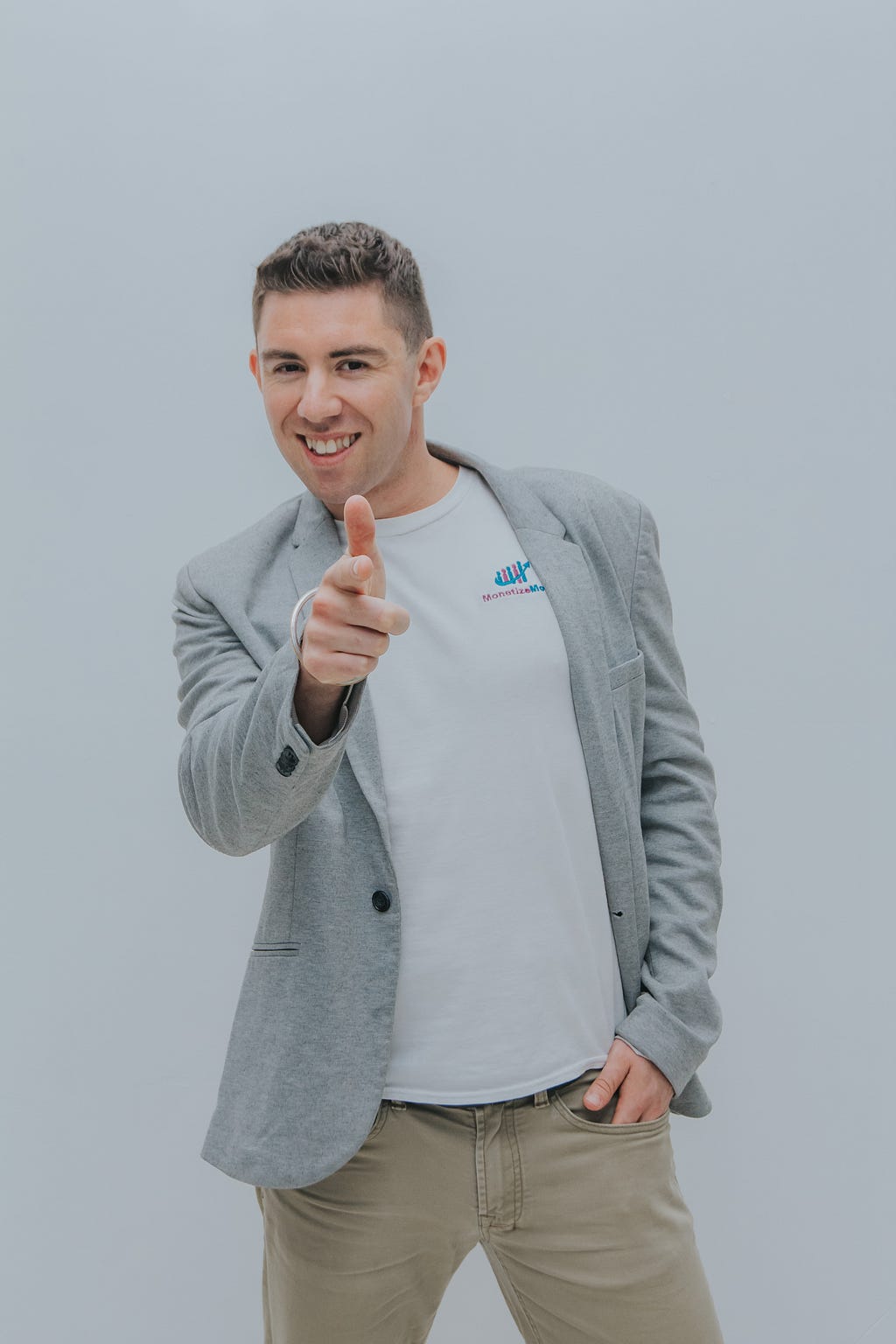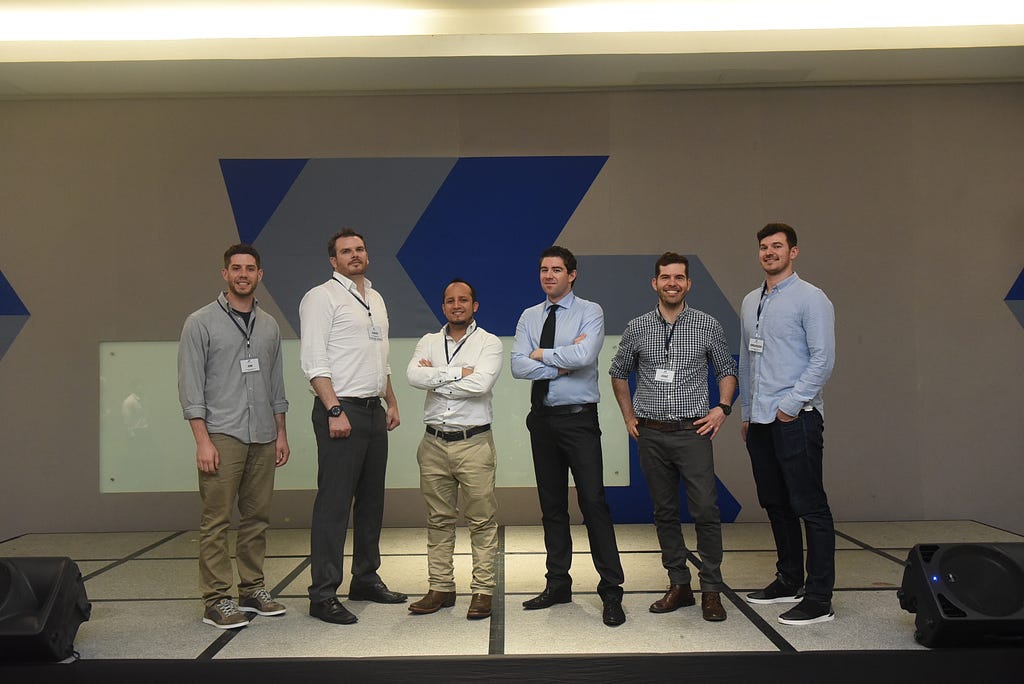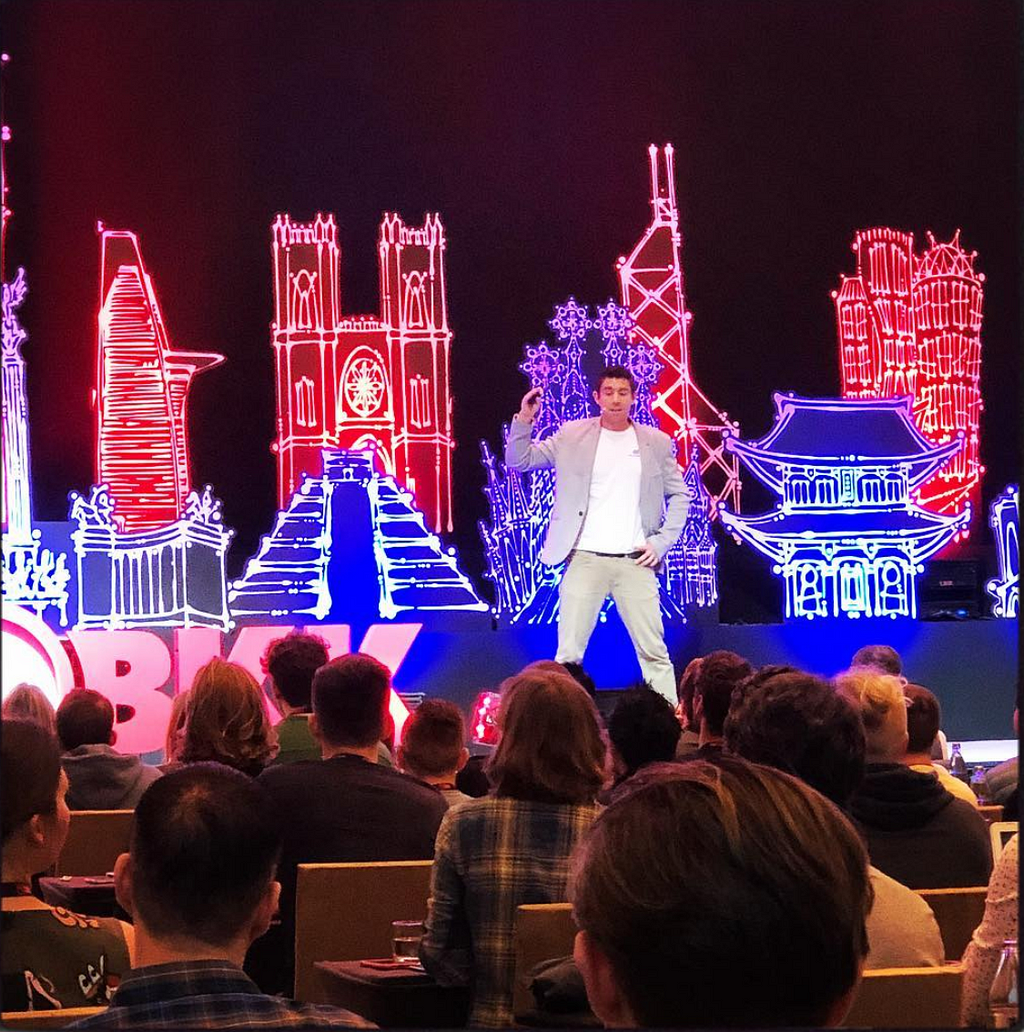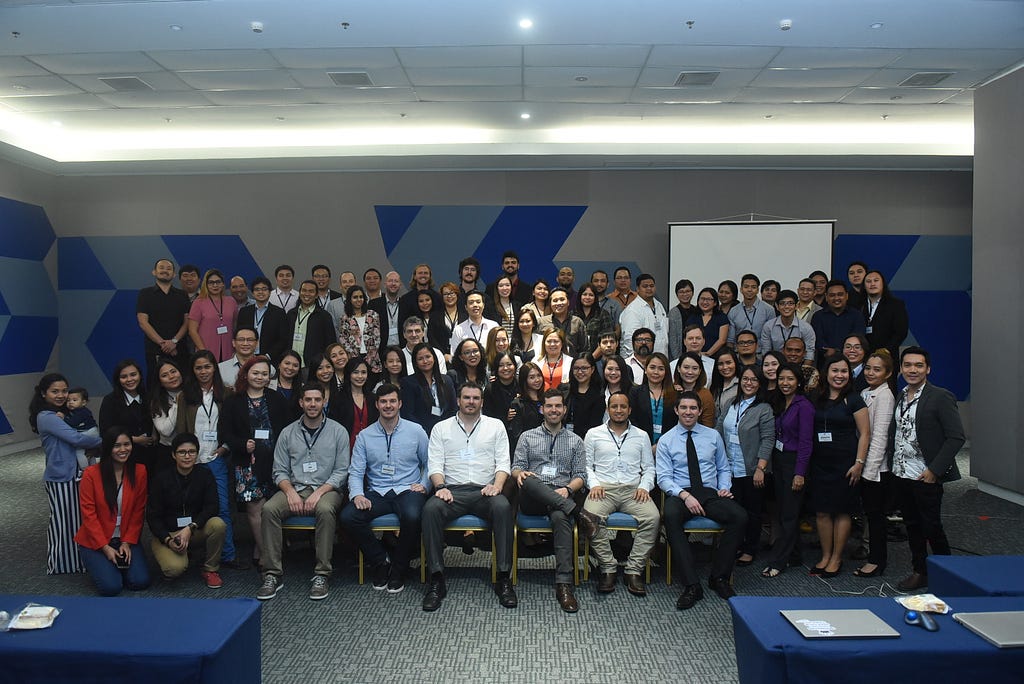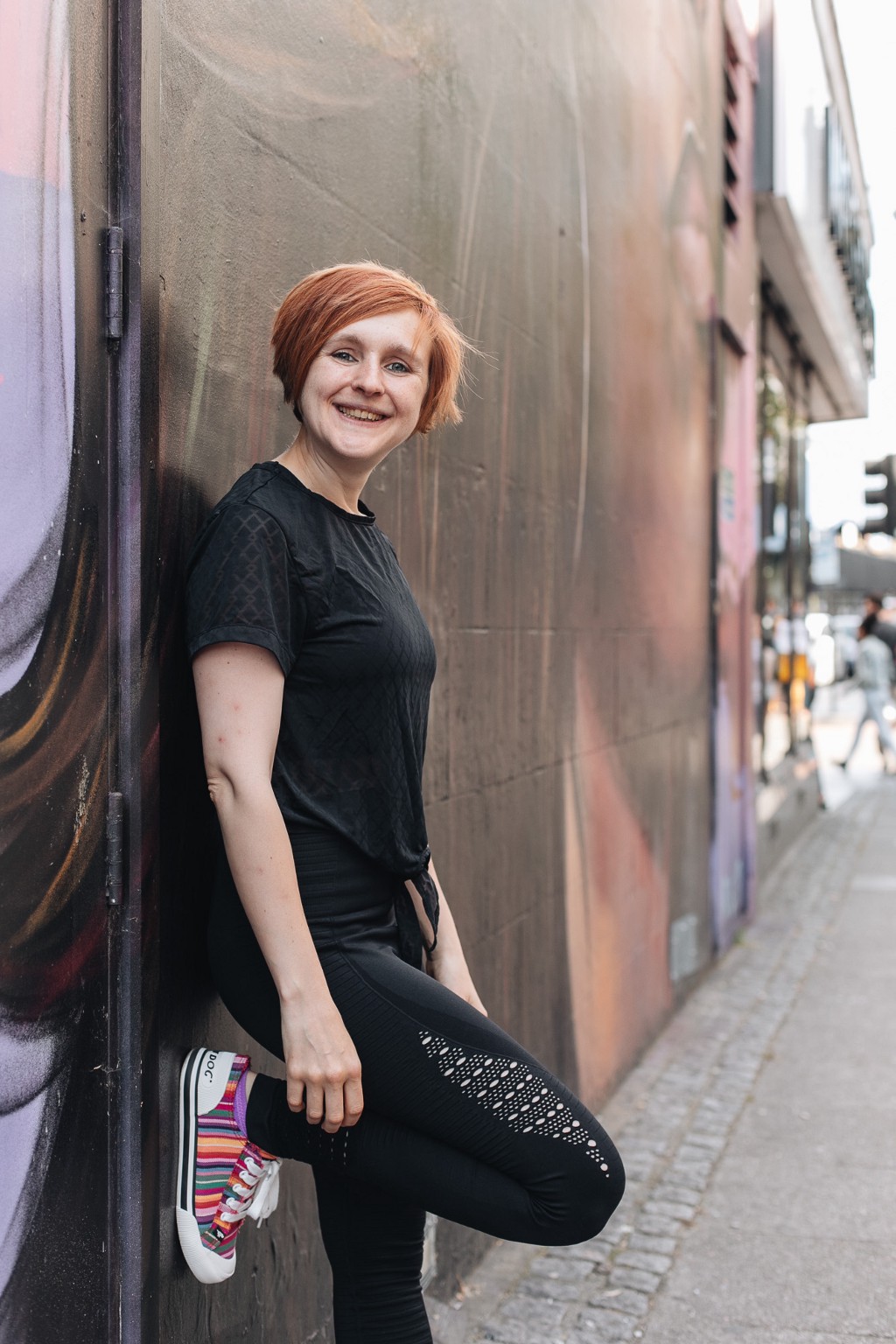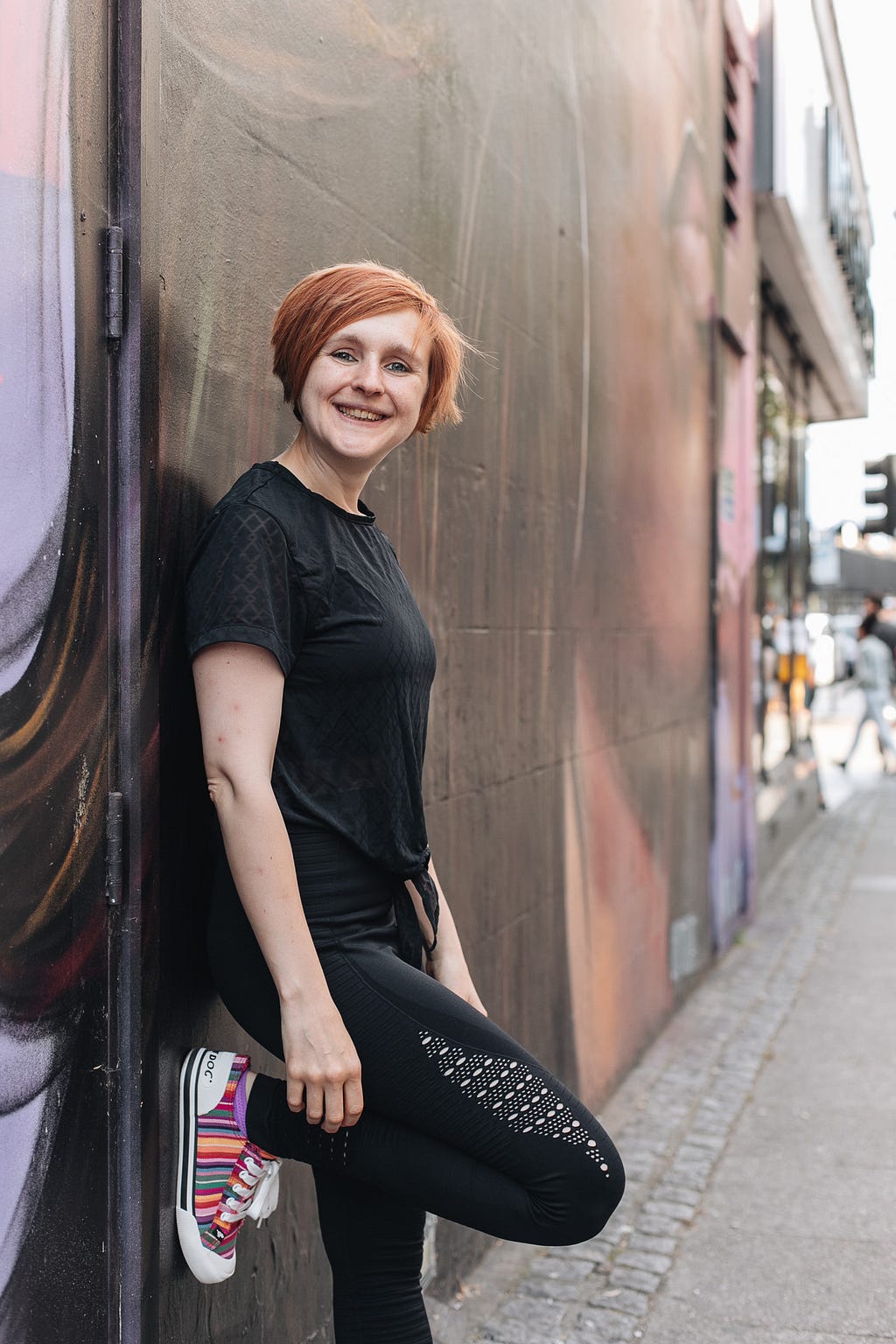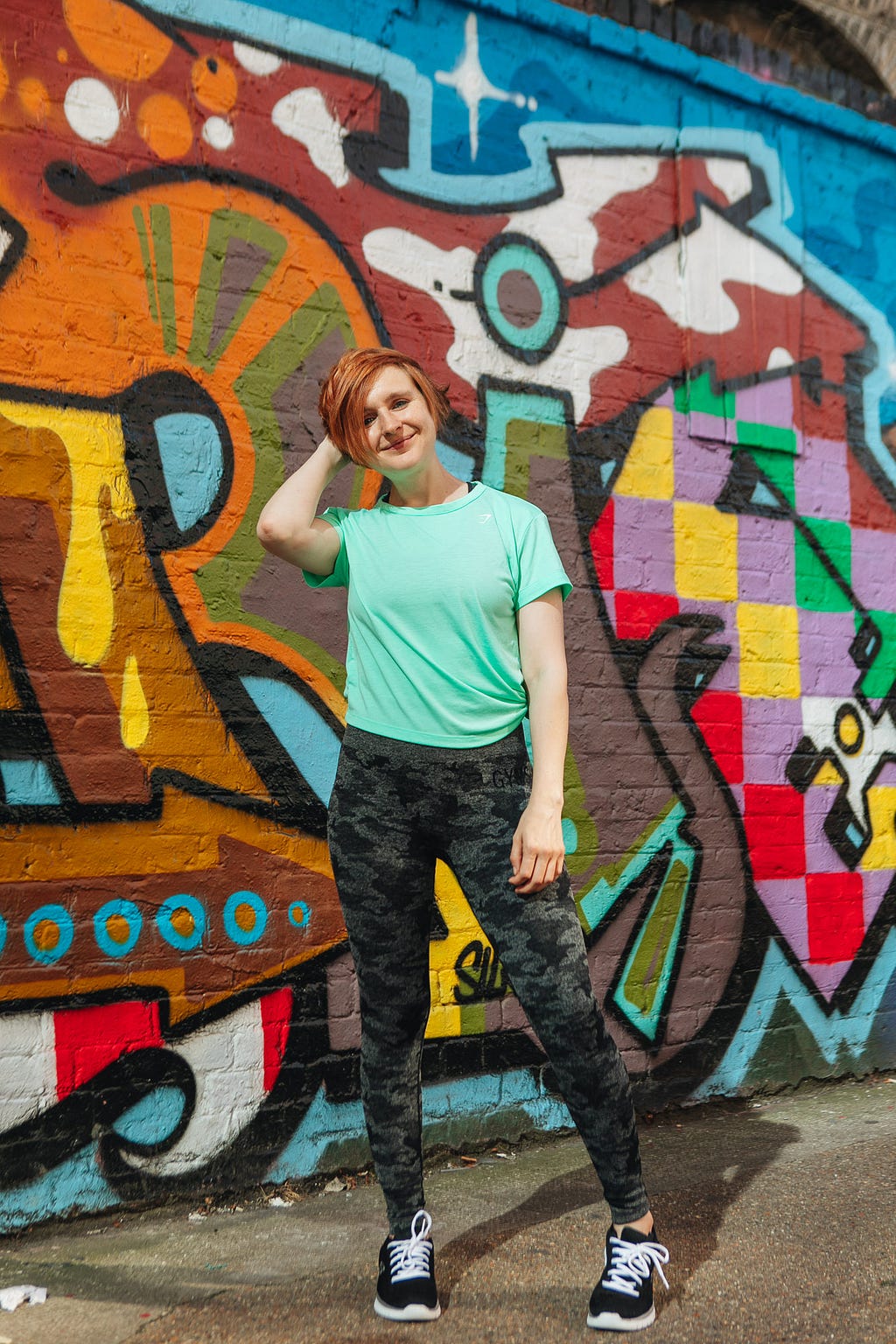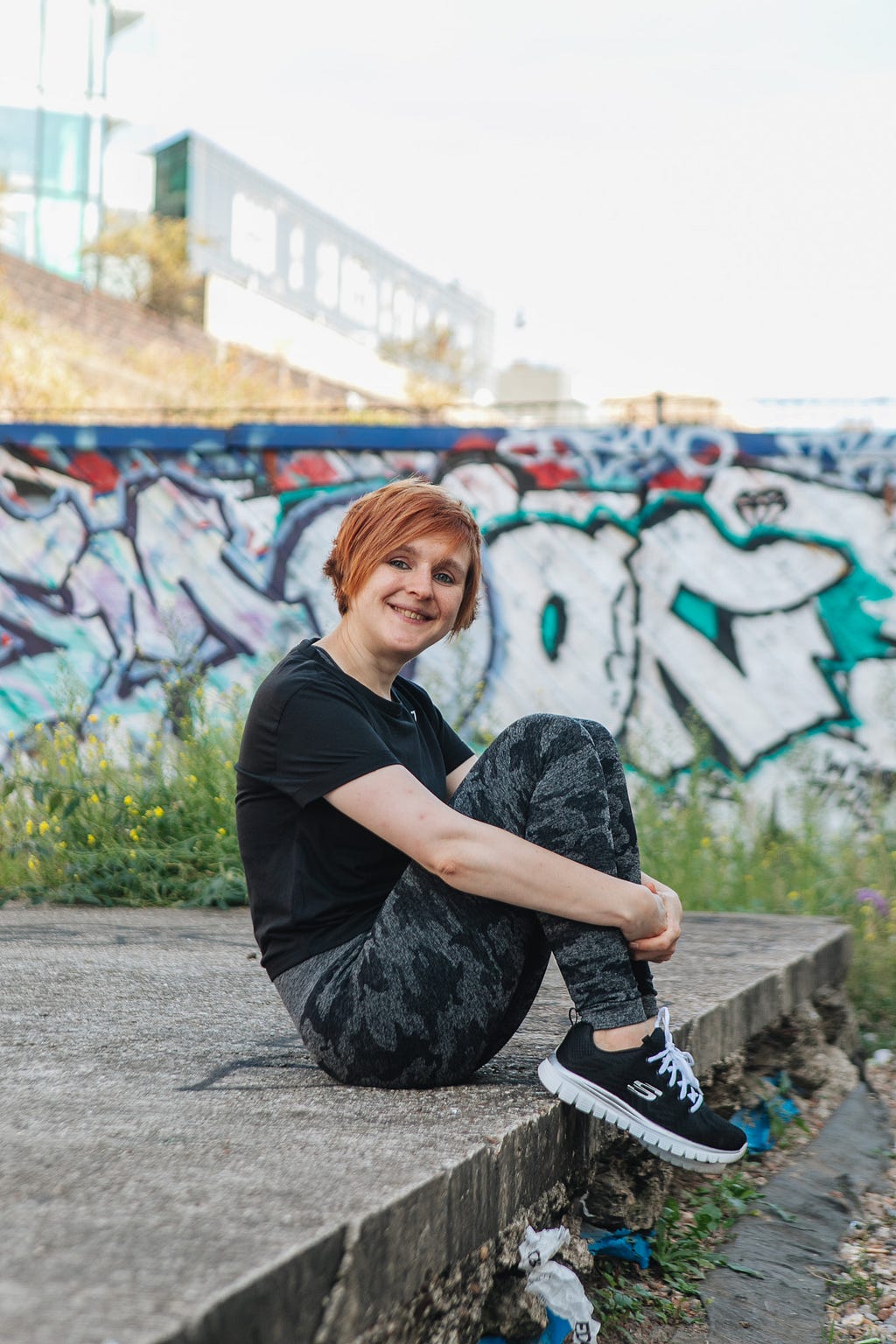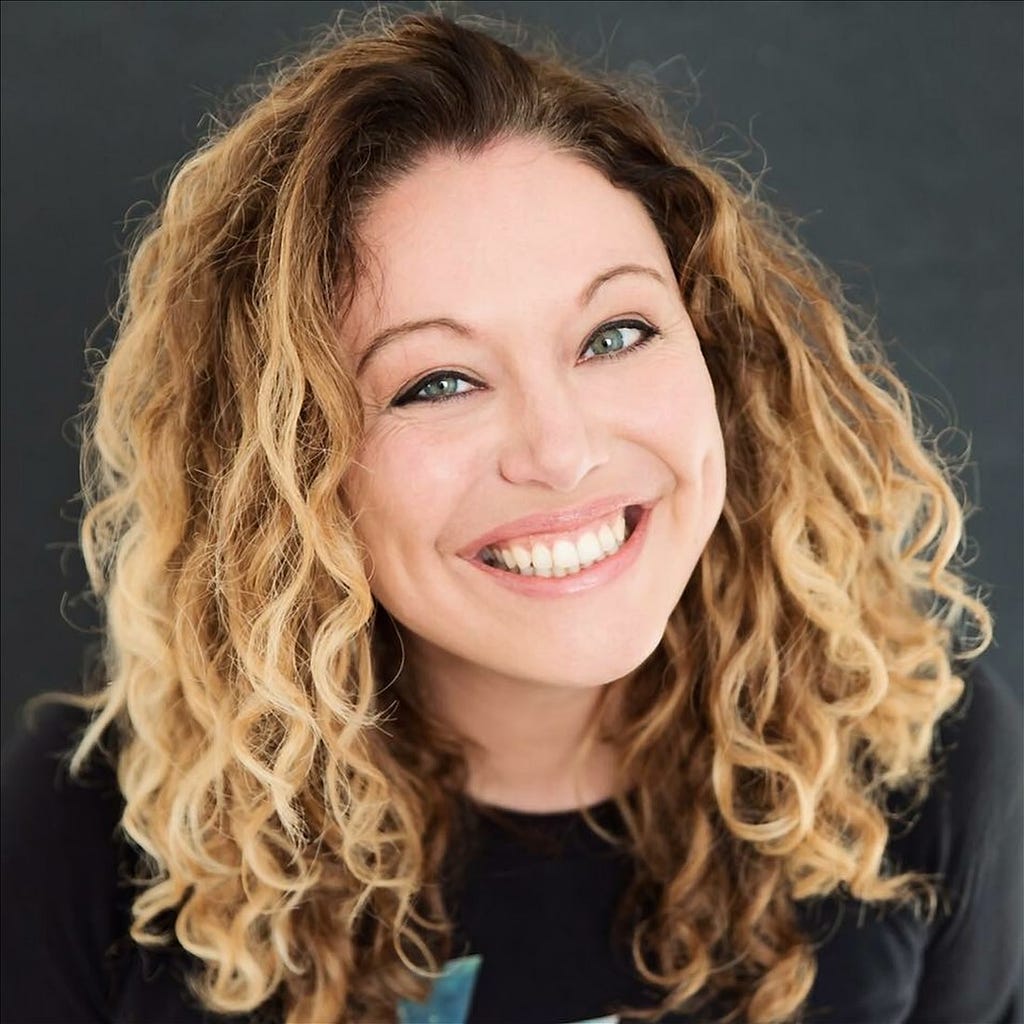
Are we posting from a place of fear or love? Are we trying to impress or impact? I hope by doing this we can shift the dynamics online to be more positive — could you imagine if every troll stopped trolling or attention seeker stopping seeking just how that would shift our digital environment — and how that would feel?
I had the pleasure of interviewing Katie Brockhurst. Clients call Katie their “Social Media Angel”. It is more than a nickname: It’s a job description, an ethos, a mission statement. A social media consultant for leading international Mind Body Spirit publishing company Hay House UK. Katie has worked with many of their authors including Diana Cooper, Sonia Choquette, John Parkin, Dr. David Hamilton, Yasmin Boland, Rebecca Campbell, Kyle Gray and Lisa Lister. Plus many other well known authors, practitioners and businesses in spirituality and well being. From London, England with a solid background in broadcast, music and entertainment, working for Sony, BMG Music, BBC Radio DJ Dave Pearce and Wise Buddah Talent. Katie started her own social media agency ’Kdot Online’ in 2007, when the social media industry was in its infancy, after winning a Gold Sony Radio Academy Award in the first ever Best Internet Programme (podcast) category . Kdots client projects included O2 Music, Universal Music, Sony Music, Penguin Books & Harper Collins. Katie developed her business to match her own passions and life choices, and in 2014 she wrapped up the agency and the demands of running a London office in order to travel the world with her laptop, going solo as a consultant in the MBS industry, where she had established a name for herself with Hay House. Katie now delivers 121 consultancy, coaching and strategy for authors and experts all over the world online. She is loved for her simple, positive, actionable strategies that play to people’s strengths and personalities, enabling them to find their passion for content creation in order to create meaningful community and results online.
Thank you so much for doing this with us! Can you tell us a story about what brought you to this specific career path?
I was working in the music industry when MySpace, YouTube, Facebook and Twitter started to emerge as platforms to watch for new talent. I was managing and booking gigs for Radio One, 1Xtra and Kiss DJs when one of my DJ’s lost their radio show. So I asked them, have you heard of something called a podcast? It was 2006, early days where digital broadcast media was concerned but I wanted to get my client back on the radio or their profile high enough to command the same fees in the clubs I persuaded the company I worked for, Wise Buddah, who had recording studios onsite, to let me use them and one of their trainee sound engineers to make this ‘podcast’ out of office hours. We pulled together everyones contacts and invited artists like Ndubz into the studio for interviews and freestyle sessions. We promoted it on people’s MySpace walls to a great reception from the fans and the industry, for when the annual Sony Radio Academy Awards came around we were nominated for the first ever Best Internet Programme (aka a Podcast) Award in 2007… And won the Gold Award!
Can you share the most interesting story that happened to you since you began this career?
I think the most interesting story is not what has happened to me but what has happened to all of us since I began this career. Social media has become a key part of the fabric of modern society in less than 15 years and it has happened almost surreptitiously — that is the big story! I think we are only just catching up to how influential it is on planet earth right now; only just seeing how invasive it can be to our daily lives (our politics?!) and how careful we need to be in what we do next. Our online habits have been driven by addictive design developed by the big platforms to capture our attention in order to sell advertising space. This story is unfolding before our very eyes, and as I was writing Social Media For A New Age, I would be questioning something about social media and it would break as a story — EG. The Cambridge Analytica scandal is a great example as this story broke as I was doing the final edit. We found out they Facebook had not been protecting our data, that it had been “harvested” and used to create “political profiles” on us, with organisations posting content developed to sway the elections in the USA, where Donald Trump became President and content which may also lead to disintegration of Europe after the part it played in the Brexit vote. This turned out to be the tip of a rather large Iceberg as more and more things come to light about the behemoth that is Facebook Inc. and what is possible in terms of influencing populations and people.
Can you share a story about the funniest mistake you made when you were first starting? Can you tell us what lesson you learned from that?
When I was first starting out I was doing social media for other people, not for myself. I set up one of the earliest boutique social media agencies back in 2007, a small team based in London serving the music and entertainment industry. I was delivering a lot of the work directly myself at the time — when one of my first clients, an american rapper in the USA’s manager asked me to reply to fans on his behalf. Yeah no problem I said! I would try and channel his energy to chat to his fans but it didn’t work. Let’s just say, never pretend to be someone you are not on social media (cat fishes listen up!!) I learnt that it is always best to be honest and if you bring in help to manage your social media — be clear and transparent that it’s someone from your team or if it is an AI BOT in this day and age — if it is not you doing the talking.
Ok super. Let’s now jump to the core focus of our interview. Can you describe to our readers how you are using your platform to make a significant social impact?
l wrote a book called ‘Social Media For A New Age” where the main crux of it is a social spiritual movement centred around what I call a Strategy of Love — where we focus on our Social Media Soul rather than the Social Media Ego… Where we take the focus away from how many ‘Likes’ and ‘Followers’ we each have and look at the real impact we are having within our sphere of influence, with our content, which is unique to each person and their mission in the world. Using the social media platforms as a tool to reach people in order to facilitate change for individuals and the collective world-wide. This helps us move out of what I call the ‘social media vortex of doom’ where social media has been an addictive ego hook (by design). with so many people getting caught up in a vicious cycle of comparison and/or anxiety around social media which stops them from using the platforms for the greater (and personal) good. I also consult and coach a wide range of people, authors and influencers around how they can use their platform (both big and small) to adopt my approach and use social media to make significant social impact while supporting their businesses and lives too. I have recently given my time and support to an emerging platform called Campfire Convention who are a new social network and community looking to spark social change at a local and international level — through a network of mentors and collaboration. I believe that by supporting this and others — I am having a greater significant social impact than just doing it alone.
Wow! Can you tell us a story about a particular individual who was impacted by this cause?
My dear friend Jen McCarty, about 18 months ago, asked me if she should set up group or a page for something she wanted to share with her friends and community called “The Event Is Happening” which is a space for people interested in helping to raise the consciousness of the planet. Jen has very much adopted a “strategy of love” for this group which grew to over 88,000 people in just a year. It’s an amazing group which has changed Jen’s life and many of the members lives as they have a place they feel they belong and can connect with other like minded people. And whats more out of the group has been born a charity called “Helping one member at a time” where the group raises money to help members of the group who are facing or living on the streets /homelessness. Jen is currently raising money for a 20 year old girl who has just lost her parents and is in full custody of her younger sister and facing eviction. The group are looking to beat the £2k target usually set. It’s amazing to see what the group is doing collectively under Jen’s incredible guidance
Was there a tipping point the made you decide to focus on this particular area? Can you share a story about that?
Working with hundreds of people as a social media consultant and coach, I started to see patterns emerging of where people were getting caught in the ‘social media vortex of doom.’ Confident, intelligent, successful people stuck and frustrated by algorithms, not reaching their potential online and seeing this as reflection of their work in the world and then questioning themselves and their path. Where they were thinking they had to follow formulas and share (or overshare!) everyday in the name of social media to have ‘impact’ , often suffering burn out or a lack of joy and excitement about social media, that it had become a chore for them to do — I knew I had to do something to help everyone, and not just my clients. That led me to write my book Social Media For A New Age. Since writing the book everything that has come to light around Facebook Inc has also set me on my mission to raise awareness to the shadow side to social media and share my ideas around what we can do to counterbalance that.
Are there three things the community/society/politicians can do help you address the root of the problem you are trying to solve?
1. Getting everyone to switch off our mobile phones more. There should be a campaign to stop phone addiction and mobile / device reliance. We need to leave it at home more often, getting back out into nature without them and limiting the time spent on social media or devices everyday. The less addicted we are to our phones the better for our health and wellbeing — and the more we can start to use it as a tool for positive change rather than be a slave to the the algorithms, or to that dopamine hit. There should be bigger campaigns across community, society and from our politicians to support this.
2. If we all were to ask ourselves if we are posting from a place of fear or love? Or if we are trying to impress or impact? I hope by doing this we can shift the dynamics online to be more positive — could you imagine if every troll stopped trolling or attention seeker stopping seeking just how that would shift our digital environment — and how that would feel?
3. Support the more creative content creators you enjoy with likes or comments, donations or by sponsoring and supporting them through the various subscription models emerging — such as Patreon. It takes a lot of time and effort to create content that is made with love, infused with ideas, wisdom, research and creativity that has social impact. We often just take and “feed” off it in our timelines. A like, comment or share will help it spread further. And just imagine if someone posting content of value who has 5000 followers and 50% of those followers all gave $1 a month — that could support the content creator to live — and to create even better content. Creating content just in the name of (or with the intention of) marketing is boring and it has created a space of constant self promotion. If everyone who valued the content they consume this could help the creators create and share without needing to always be selling or promoting. This will help us collectively move away from data and advertising driven platforms or fake influencers promoting inauthentically just for money.
What specific strategies have you been using to promote and advance this cause? Can you recommend any good tips for people who want to follow your lead and use their social platform for a social good?
A Strategy of Love
I place love at the centre of my social media strategy, creating community, honouring integrity. I am part of a new age, helping the planet onto the next stage.
I have been using a strategy of love for a while now with my clients and on my own social media and it gets great results and feedback… “Possibly the best lesson on social media strategy out there.” — Paul Hornsey-Pennel
The magic happens when you…
Love yourself.
Love your offering. Love creating.
Love your community. Love connecting. Love curating.
Love sharing.
Love showing up. Love rising.
Love serving.
Love supporting. Love giving.
Love receiving.
Love being.
Love journeying.
Remembering that fear is an energy that contracts (e.g. the social media vortex of doom) and love is an energy that expands, it is logical that having a strategy of love for your social media is going to help you to expand your message, your community and much more.
“As you continue to send out love, the energy returns to you in a regenerating spiral… As love accumulates, it keeps your system in balance and harmony. Love is the tool, and more love is the end product.” Sara Paddison (author of The Hidden Power of the Heart: Discovering an Unlimited Source of Intelligence)
Love is one of the most powerful energies on our planet and it is absolutely free to give and to receive.
‘The Power of Love’ was the title of the powerful and rousing sermon at the wedding of Prince Harry and Meghan Markle, which wasn’t just in reference to romantic love but the power that love has to change the world.
“The late Dr. Martin Luther King once said, and I quote, “We must discover the power of love, the redemptive power of love, and when we do that, we will make of this old world a new world”. Love is the only way. There’s power in love. Don’t underestimate it. Don’t even over sentimentalise it. There’s power, power in love… If you don’t believe me, just stop and think and imagine, think and imagine, well, think and imagine a world where love is the way. Imagine our homes and families when love is the way. Imagine neighbourhoods and communities where love is the way. Imagine governments and nations where love is the way. Imagine business and commerce when love is the way. Imagine this tired old world when love is the way.”
– Most Reverend Michael Bruce Curry
If you are aware of how energy flows, remembering this power of love for your social media can make a huge difference to your offering. We often forget, or don’t make the connection that what is true for our physical, and spiritual world is also true for our digital world. This is particularly useful when we go into fear or frustration with social media, and things do not flow.
For the more sensitive amongst us we can FEEL when content is coming from that place of fear or from the heart.
What are your “5 things I wish someone told me when I first started” and why? Please share a story or example for each.
It’s hard to think of 5 things I wish someone had told me when I first started because I am not sure it would have led me to where I am now — I’ve very much made my own way with the world of social media and my process like social media is iterative and it doesn’t fit the standard model and is constantly changing — evolving and developing — as things do — I don’t have regrets or wish things were different to how they are for me — there are perhaps things I was told that I wish I had listened to a little more (e.g part of me wishes I had tried to build an email list a little harder… rather than relying on the platforms to reach people — I perhaps wish I’d known about addictive design a little earlier than I found out — but everything for a reason and I don’t think I would change anything from my journey and where I am now — as it has been the way it has for a reason ❤
You are a person of enormous influence. If you could inspire a movement that would bring the most amount of good to the most amount of people, what would that be? You never know what your idea can trigger. 🙂
The movement I want to inspire is that of Social Media For A New Age — where social media shifts away from endless scrolling and self promotion to more conscious & considered time online where we value the content we receive and manage the time we spend connecting with others online in a more productive way — all with a view to supporting one another online and offline better — personally and collectively… Did you know that refreshing your feed on social media is designed around the same addictive impact of pulling the slot machine at a Casino?! If I could help bring awareness to the shadow side of social media and breathe love and awareness into our social media spaces to create a more positive digital environment.
Can you please give us your favourite “Life Lesson Quote”? Can you share how that was relevant to you in your life?
This too shall pass — is one of the greats I think that has been relevant in my life. Knowing that things are in a constant state of change no matter what because it is energy moving helps me whenever I feel stuck, or anxious — it helps me to truly appreciate things when they are awesome — knowing you can’t hold onto anything really helps me with any attachment issues too — and helps me be in the present moment — and to trust because always — this too shall pass.
Is there a person in the world, or in the US whom you would love to have a private breakfast or lunch with, and why? He or she might just see this, especially if we tag them. 🙂
Will Smith — I love what he is doing with and on social media — he is already doing Social Media For A New Age in a lot of ways and I would love to talk to him about how he can help even further to light up the world through social media — maybe he would be interested in being part of a new kind of social media like the Campfire Convention as well as Facebook Inc.
How can our readers follow you on social media?
I’m most active on Instagram @katiekdot_socialmediaangel or find me through the hashtag #socialmediaforanewage
This was very meaningful, thank you so much!
“Are we posting from a place of fear or love?” with Katie Brockhurts and Candice Georgiadis was originally published in Authority Magazine on Medium, where people are continuing the conversation by highlighting and responding to this story.


